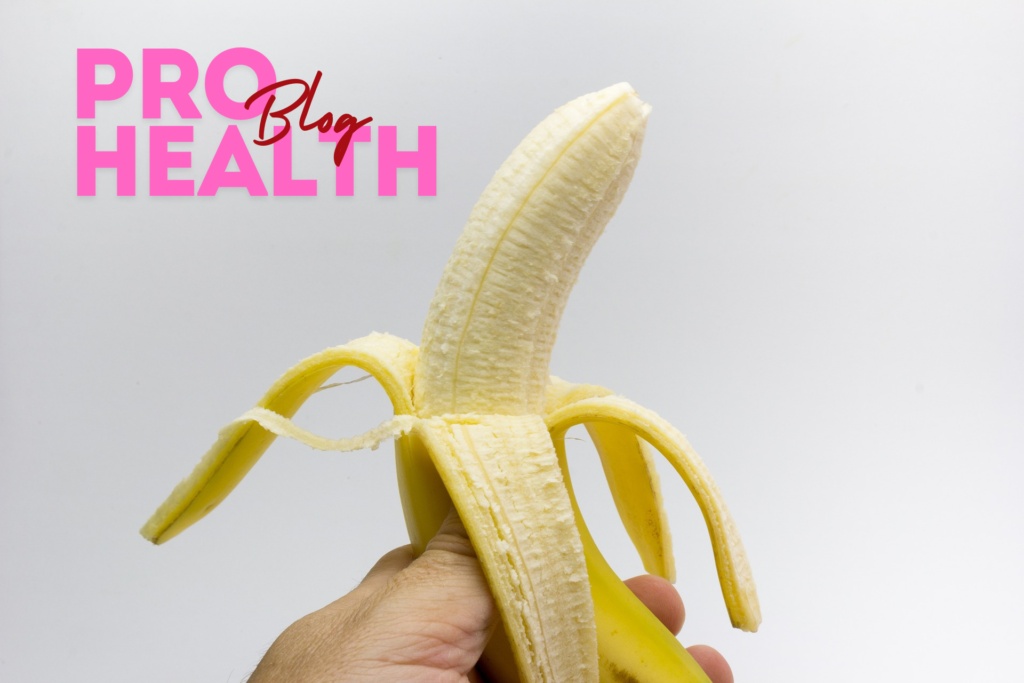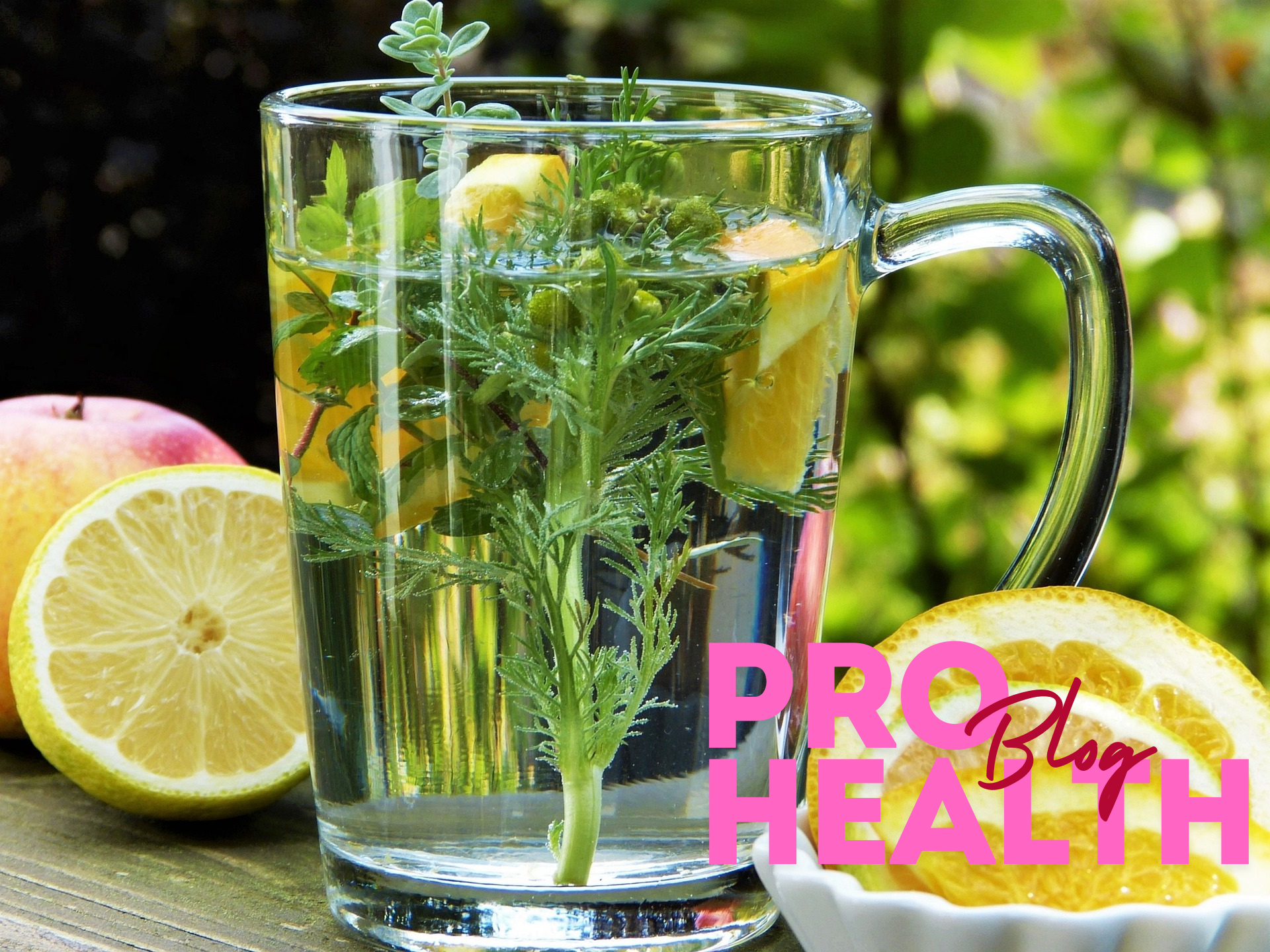Introduction
Picture your mind as a vibrant garden, where thoughts and emotions bloom and flourish. Just as plants need sunlight and water, our brains need the right nutrients to stay healthy and balanced. In recent years, the link between diet and mental health has become a focal point of scientific research. Studies increasingly show that what we consume can significantly affect our mood, cognitive functions, and overall mental well-being. This article explores the complex relationship between dietary choices and mental health, examining how specific nutrients and eating patterns influence our psychological state.
The Impact of Essential Nutrients on Mental Health
Key Nutrients for Optimal Brain Function
Our brain, a highly intricate organ, relies on various nutrients to perform at its best. Here are some crucial nutrients that support mental health:
- Omega-3 Fatty Acids: These essential fats, found in fatty fish like salmon and in plant-based sources such as flaxseeds and walnuts, are vital for brain cell structure. Omega-3s have been linked to reduced symptoms of depression and anxiety, thanks to their role in maintaining healthy brain function and neuroplasticity.
- B Vitamins: Vitamins B6, B9 (folate), and B12 are integral to the production of neurotransmitters like serotonin and dopamine, which regulate mood and emotional stability. Deficiencies in these vitamins are often associated with mood disorders, including depression and anxiety.
- Antioxidants: Antioxidant-rich foods, such as berries, dark chocolate, and leafy greens, help protect the brain from oxidative stress. This stress, caused by free radicals, can damage brain cells and impair cognitive function, making antioxidants crucial for maintaining mental health.
- Vitamin D: Known as the “sunshine vitamin,” vitamin D is essential for mood regulation and can help ward off conditions like Seasonal Affective Disorder (SAD). It can be obtained through sunlight exposure, fatty fish, and fortified foods.
The Effects of Nutrient Deficiencies on Mental Health
Deficiencies in key nutrients can have a profound impact on mental well-being. For instance, low levels of B vitamins are often linked to increased symptoms of depression and anxiety. Similarly, a lack of omega-3 fatty acids has been associated with a higher risk of mood disorders. Additionally, inadequate vitamin D levels can contribute to depressive symptoms, particularly in the winter months when sunlight exposure is limited.
“To maintain mental clarity and emotional balance, our brains require a steady supply of essential nutrients. Without these, our mental health can suffer significantly.”
Dietary Patterns and Their Influence on Mental Health
The Mediterranean Diet: A Pathway to Mental Wellness
Among various dietary patterns, the Mediterranean diet stands out for its positive effects on mental health. This diet is characterized by:
- High Consumption of Fruits, Vegetables, Whole Grains, and Lean Proteins: Emphasizing foods rich in essential nutrients and healthy fats, such as olive oil and fish, this diet supports brain health and reduces the risk of depression.
- Social and Mindful Eating Practices: The Mediterranean diet also promotes enjoying meals with others and being mindful of the eating experience, both of which contribute to emotional well-being.
Research shows that adhering to the Mediterranean diet can lower the risk of developing depression and enhance overall emotional health. The diet’s emphasis on anti-inflammatory foods and omega-3 fatty acids likely plays a role in these benefits.
The Drawbacks of Processed Foods
On the other hand, diets high in processed foods and sugars can negatively affect mental health. Specifically:
- Trans Fats: Commonly found in fried and fast foods, trans fats can increase inflammation, which is linked to mood disorders like depression. These unhealthy fats may also impair cognitive function over time.
- Refined Sugars: Excessive consumption of sugary foods and beverages can lead to mood swings and heightened anxiety. The blood sugar spikes and crashes associated with high sugar intake can disrupt mood stability and overall mental health.
Diets rich in processed foods may contribute to a higher risk of developing mental health issues due to their lack of essential nutrients and presence of harmful additives.
Mindful Eating: Enhancing Mental Health Through Awareness

Mindful eating encourages a thoughtful approach to food consumption, which can positively impact mental health. This practice involves:
- Savoring Each Bite: Paying attention to the taste, texture, and aroma of food can enhance the eating experience and aid in digestion.
- Listening to Your Body: Being aware of hunger and fullness cues helps prevent overeating and supports a balanced diet.
- Eliminating Distractions: Focusing solely on your meal, rather than eating in front of a screen, can foster a healthier relationship with food and reduce the likelihood of emotional eating.
Understanding the Gut-Brain Axis
Recent research underscores the importance of the gut-brain axis, which highlights the connection between gastrointestinal health and mental well-being. The gut microbiome, comprising trillions of bacteria, plays a crucial role in regulating mood and emotional health. A balanced and diverse microbiome can influence neurotransmitter production and affect mental states.
The Role of Probiotics
Probiotic-rich foods can support a healthy gut microbiome and, in turn, positively impact mental health. Foods such as yogurt, kefir, and fermented vegetables can enhance gut health by promoting beneficial bacteria growth. Studies suggest that individuals with a diverse gut microbiome may experience lower levels of anxiety and depression.
Examples of Probiotic Foods Include:
- Yogurt: Provides live cultures that aid digestion and support gut health.
- Kimchi: A fermented vegetable dish that offers beneficial bacteria.
- Sauerkraut: Fermented cabbage that contributes to a healthy microbiome.
- Miso: A fermented soybean paste that supports gut health.
“The gut is often referred to as the ‘second brain’—what we feed it can have a significant impact on our mental health.”
Conclusion
The profound connection between diet and mental health highlights the importance of making informed food choices that support both physical and mental well-being. By incorporating nutrient-dense foods, adopting healthy eating patterns like the Mediterranean diet, and maintaining a balanced gut microbiome, we can enhance our mental health and overall quality of life.
As you navigate your dietary choices, remember that every small change can make a difference. Start by adding one nutritious food to your diet or replacing a processed snack with a healthier option. These incremental steps can contribute to a clearer, more positive mindset and better mental health.
Incorporating these dietary practices into your daily routine can lead to improved mental clarity and emotional stability. Your mind, much like a well-tended garden, will flourish with the right nourishment.


